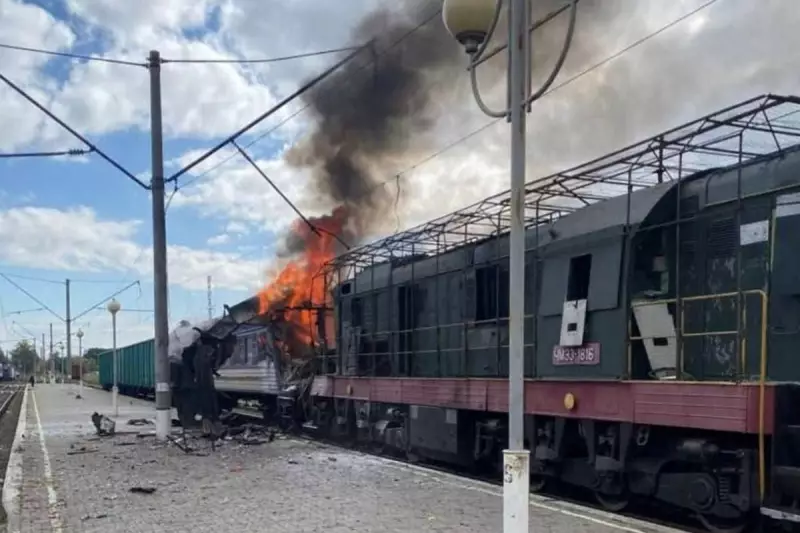
European intelligence agencies are sounding the alarm over a sophisticated Kremlin-backed disinformation campaign targeting French voters through encrypted messaging platforms, The Independent can reveal.
The Digital Battlefield
Security sources confirm that Moscow has dramatically escalated its efforts to influence the upcoming French parliamentary elections. Using a network of Telegram channels with hundreds of thousands of followers, pro-Russian actors are spreading fabricated stories and amplifying divisive content.
The campaign appears strategically designed to undermine support for Ukraine while promoting far-right political factions sympathetic to Moscow's agenda. One security official described it as "the most coordinated foreign interference operation we've witnessed in a European election cycle."
France in the Crosshairs
French authorities have identified multiple channels pushing identical talking points simultaneously, suggesting central coordination. The content typically portrays President Macron as weak on immigration and accuses him of sacrificing French interests for Ukraine.
One particularly viral false claim suggested Macron was planning to send French troops to fight in Ukraine - a narrative that spread across multiple platforms within hours.
Telegram's Troubling Role
The encrypted messaging app Telegram has become the preferred platform for these operations due to its minimal content moderation and massive user base in Europe. Security analysts note that the platform's architecture makes it difficult to track the original sources of disinformation.
"We're seeing the same playbook used in the 2016 US elections, but refined and more sophisticated," explained Dr. Elena Petrov, a disinformation researcher at the European Digital Forensics Institute. "The actors understand European political fractures better than ever before."
European Response
European Union officials are preparing new measures to counter foreign election interference, including:
- Enhanced monitoring of social media platforms during election periods
- Rapid response teams to debunk false claims
- Increased cooperation between member states' intelligence agencies
- Potential sanctions against platforms failing to combat disinformation
The French government has established a special task force within its cybersecurity agency to monitor and counter these threats in real-time.
As one European diplomat grimly noted: "The voting booth has moved online, and we're fighting a shadow war for the integrity of our democracies."






